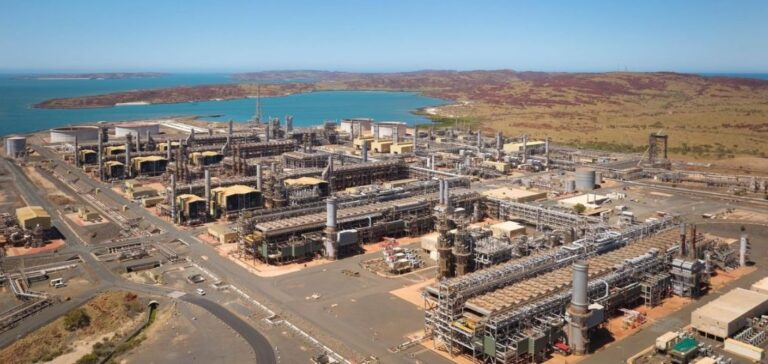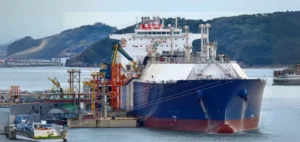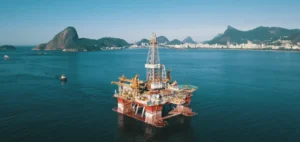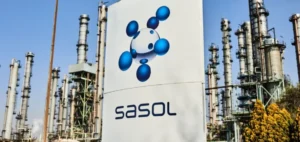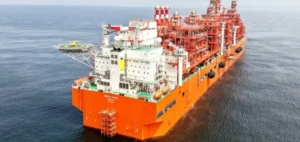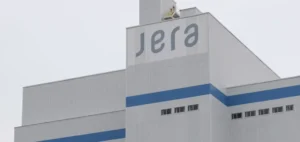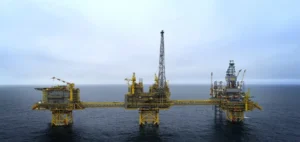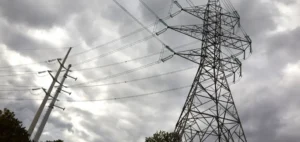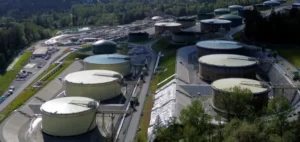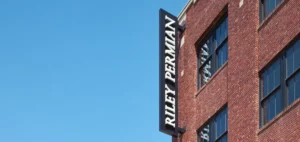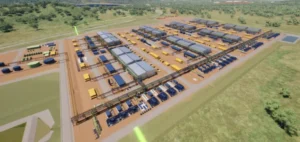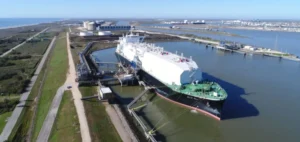The Australian federal government has approved a 40-year extension of the North West Shelf (NWS) gas project, located off the coast of Western Australia. This decision extends operations until 2070 for one of Australia’s largest projects in the liquefied natural gas (LNG) sector. The consortium managing the project, led by Woodside Energy, has operated the gas field since the 1980s, primarily supplying gas exports to Asia. This authorization follows more than six years of thorough assessment regarding potential project impacts, particularly industrial emissions associated with its operations.
Strategic Economic Context
Since its inception, the North West Shelf project has significantly contributed to Australia’s economy, generating more than AUD 40 billion in royalties and taxes for both the federal government and the state of Western Australia. It also represents a significant source of local employment in the Karratha region, where the LNG processing facility is located. This extension thus secures existing jobs and strengthens the country’s strategic position in the global LNG market. Australia, the world’s third-largest LNG exporter, further consolidates its commercial partnerships, notably with key markets such as China, Japan, and South Korea.
The decision to extend the project is part of a broader strategy aimed at ensuring national energy security in response to growing global demand for stable and predictable energy sources. The Australian government views natural gas as an essential transitional energy to facilitate the shift toward renewable resources. This perspective is notably supported by Woodside Energy, which asserts that ongoing gas exploitation is crucial for meeting immediate energy needs while gradually supporting the integration of renewable energy sources.
Cultural and Legal Issues
The project’s extension, however, raises significant concerns, notably due to its proximity to the Burrup Peninsula, also known as Murujuga, home to thousands of ancient petroglyphs ranked among the oldest in the world. This cultural heritage has prompted concerns voiced by scientific experts and local Indigenous communities. They particularly fear the impact of industrial emissions, such as nitrogen and sulfur oxides, on the preservation of the engraved rocks.
A legal challenge was swiftly initiated by Raelene Cooper, an Indigenous community leader of the Mardudhunera people. This lawsuit seeks to contest the federal government’s approval, citing risks posed by the project to the integrity of local cultural heritage. This action may influence the timeline and operational conditions of the gas project in the coming years. The region had also recently been submitted for UNESCO World Heritage listing, a nomination ultimately rejected due to concerns related to industrial activities.
International and Industrial Implications
On the international stage, Australia must carefully navigate its role as a major and reliable supplier of liquefied natural gas while addressing increasing pressures linked to international climate policies. The extension of the North West Shelf project until 2070 occurs within a global context where energy policies are under particular scrutiny due to worldwide carbon emission reduction targets.
Moreover, the project continues to draw attention from international investors interested in the long-term economic potential of natural gas as complementary energy to renewables. At the same time, these investors remain vigilant regarding legal and regulatory developments concerning emissions and conditions set by the Australian government. The coming months are expected to provide further clarity on how constraints imposed on the North West Shelf project operations will be effectively enforced.


